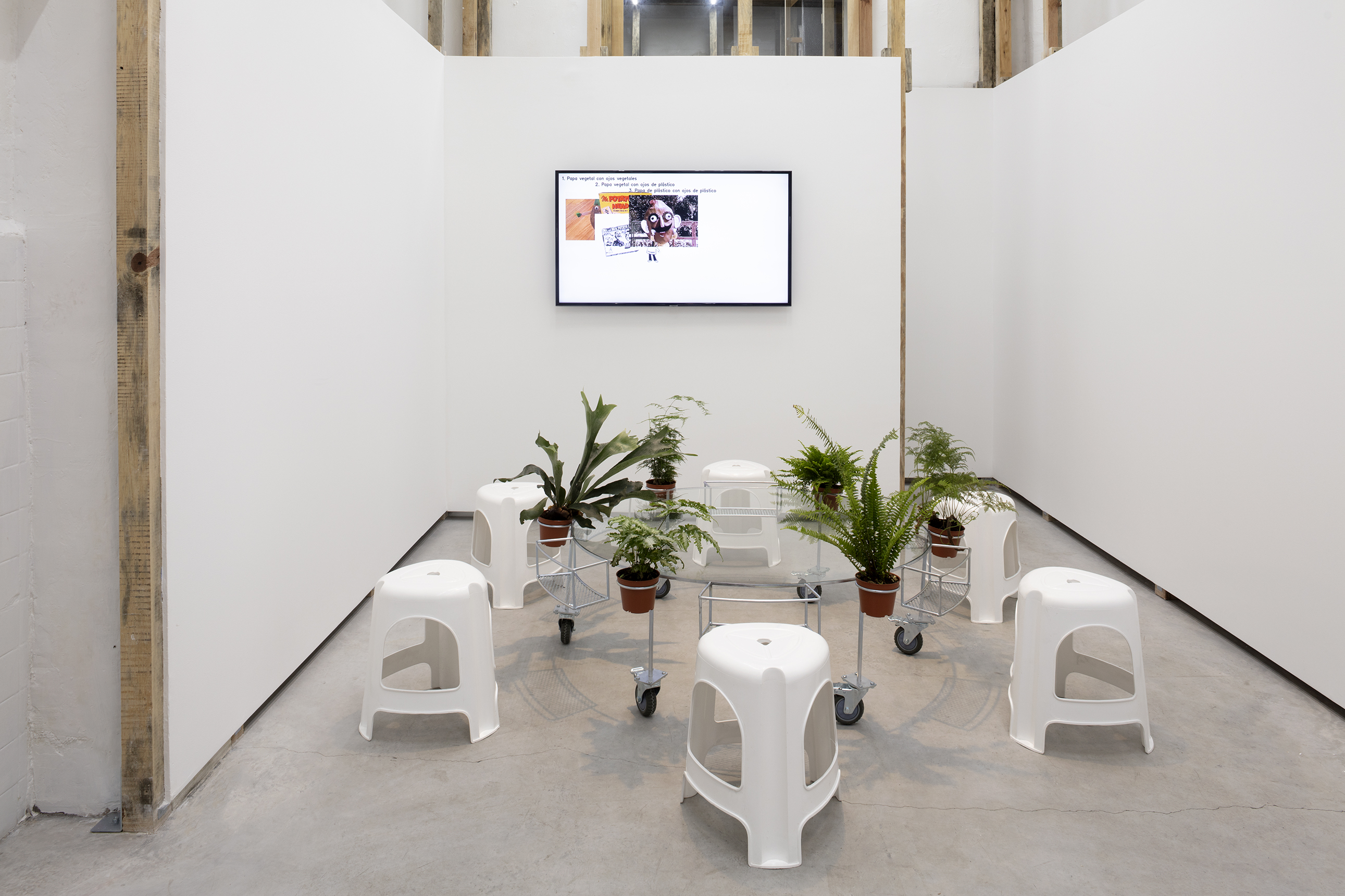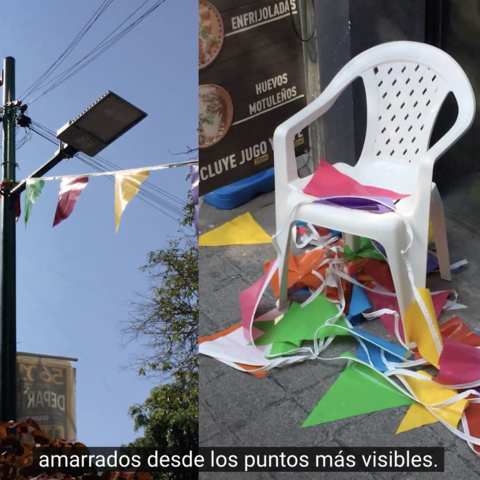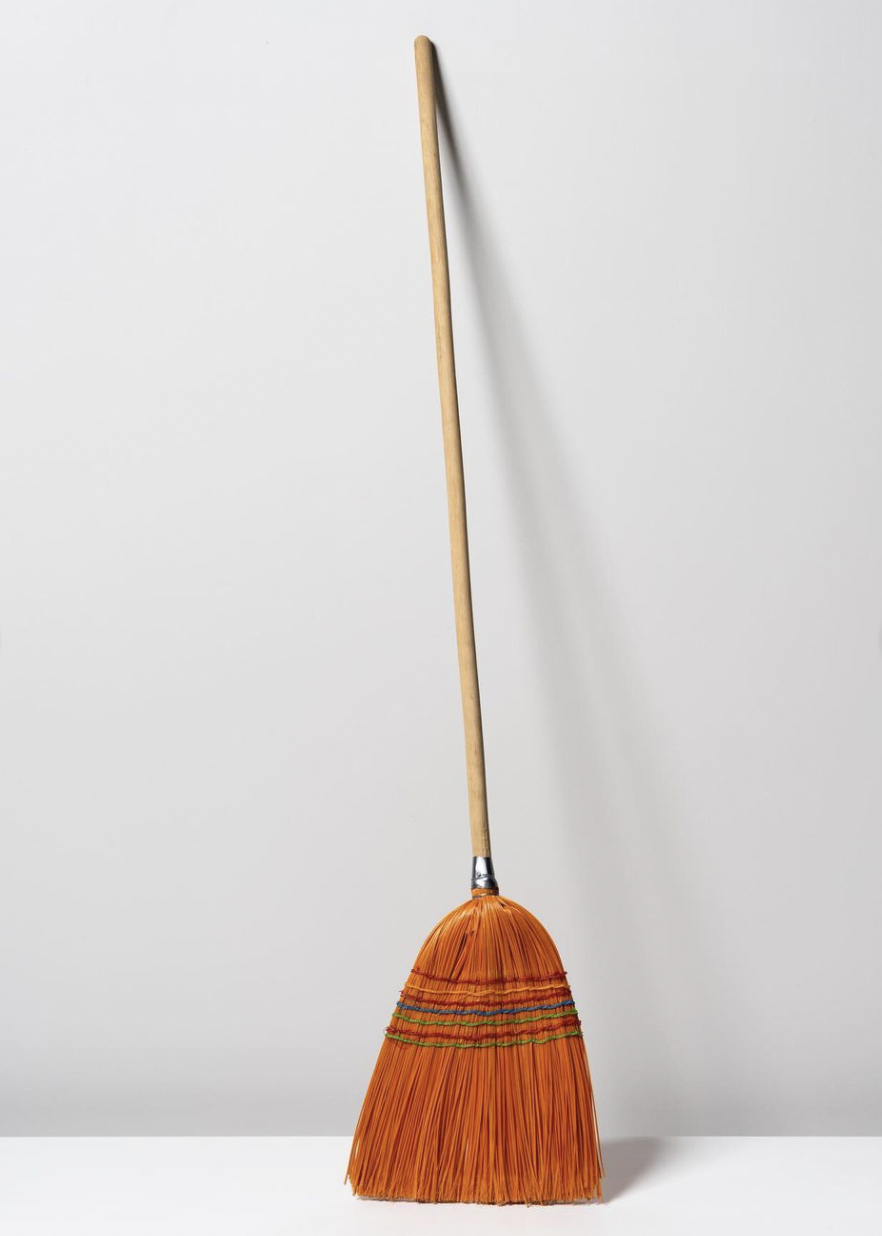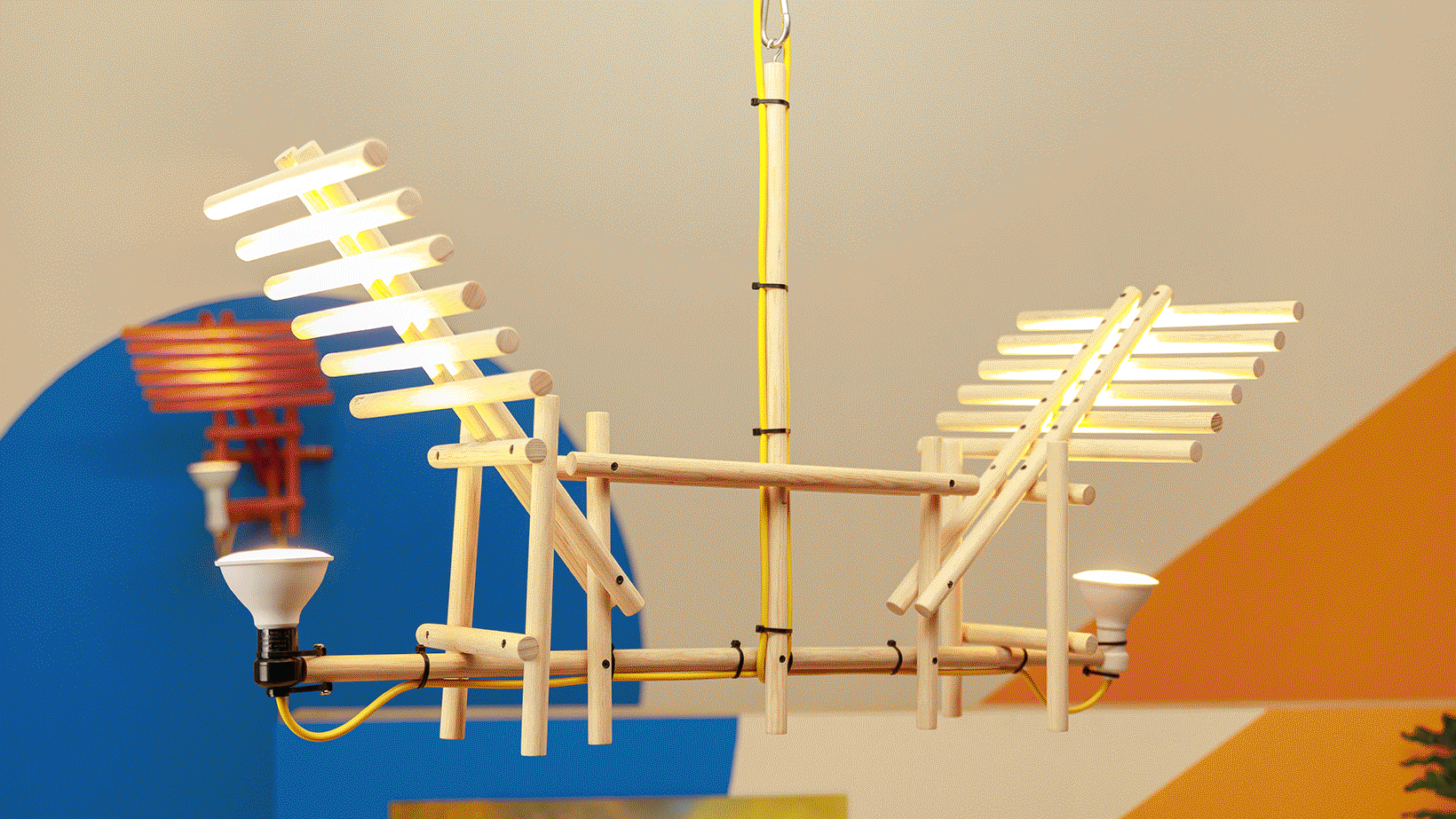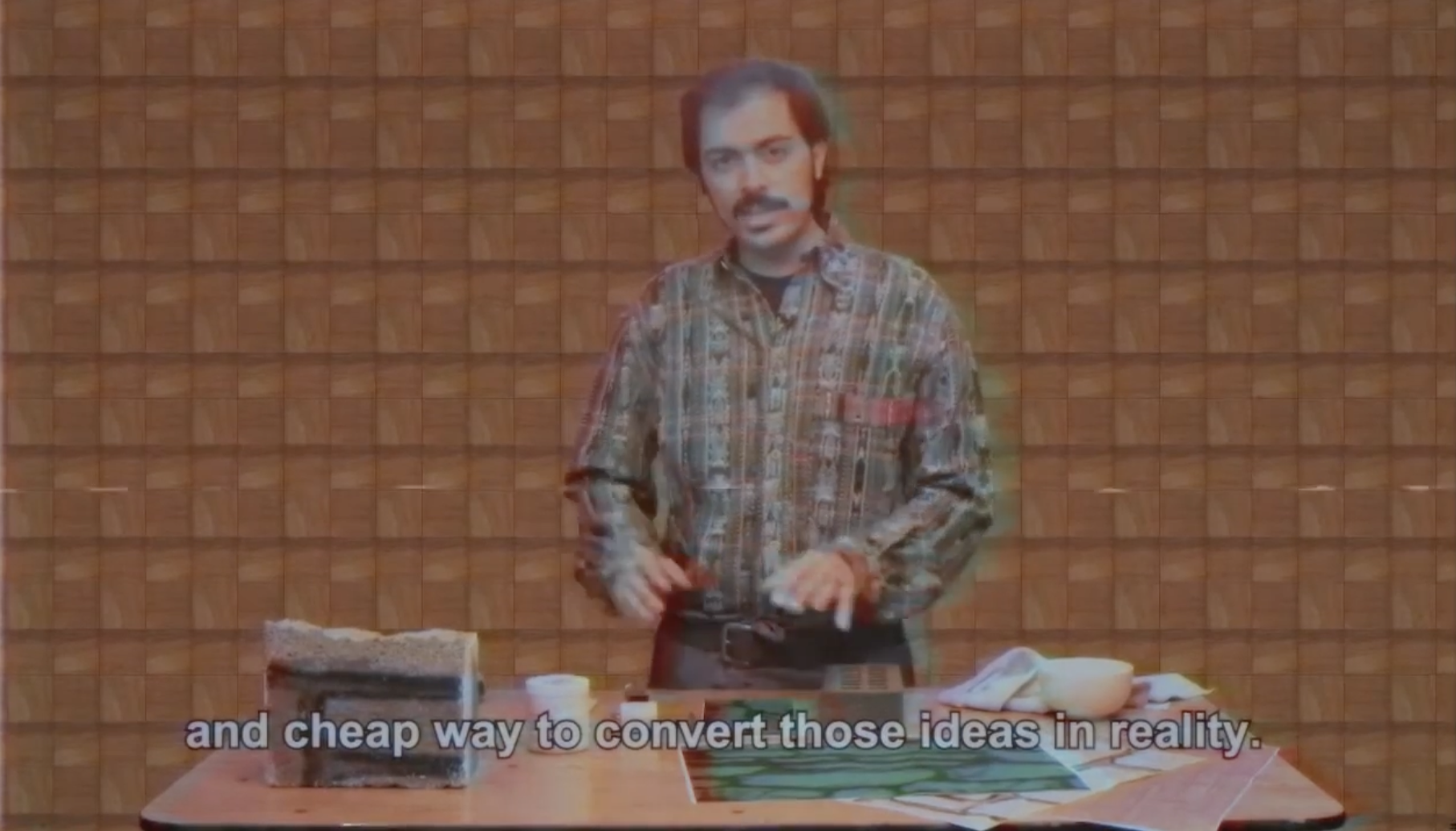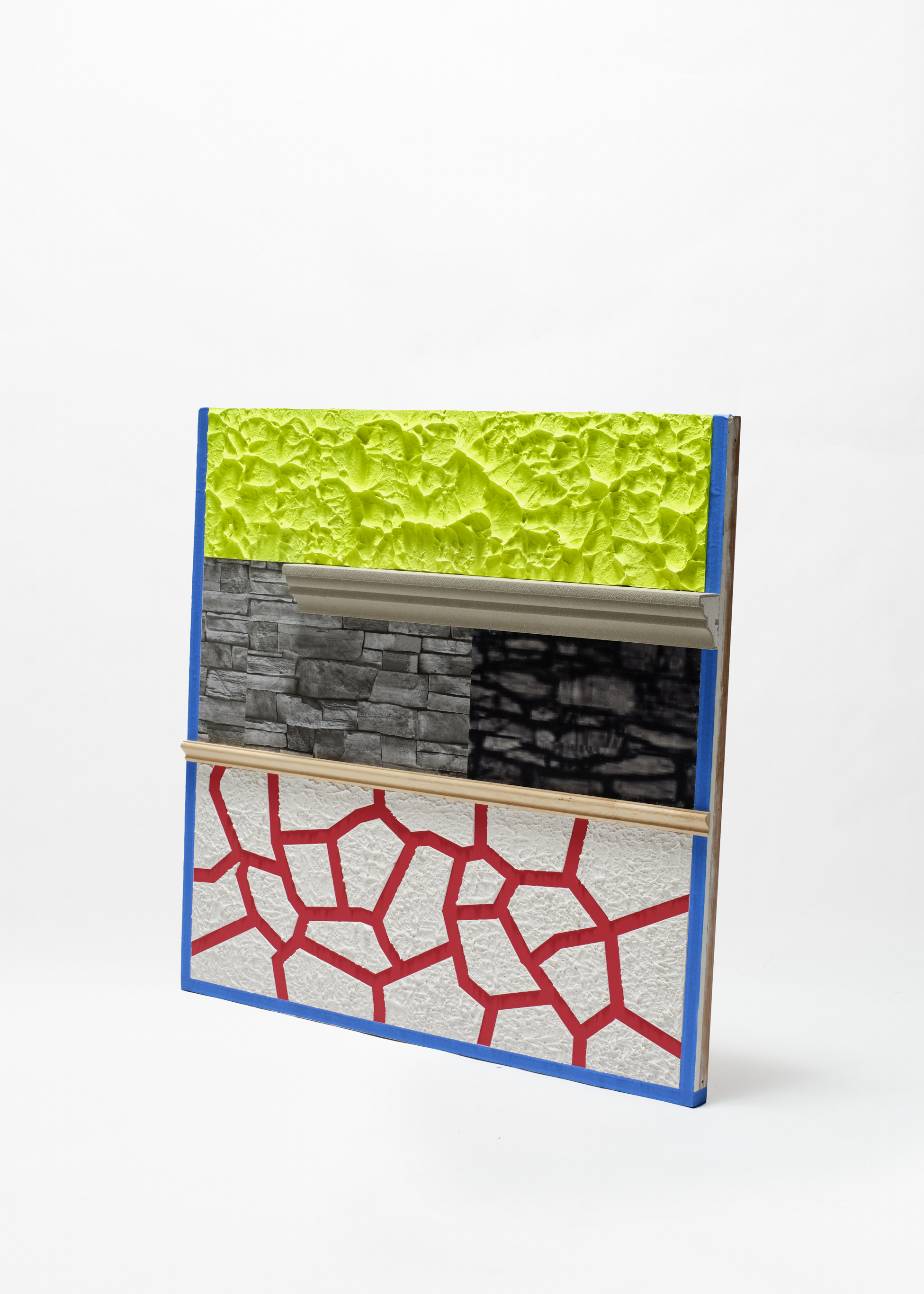April 04, 2022
Everyday or Not at All: APRDELESP / Fabien Cappello / Andres Souto
on view at Peter and Merle Mullin Gallery
at ArtCenter College of Design
Featuring work by three design studios located in Mexico—APRDELESP, Fabien Cappello, and Andrés Souto—the exhibition explores new approaches to design driven by the idea of embracing the everyday, from concept to fabrication.
Exhibition dates:
April 4 through August 28, 2022
In his Critique of Everyday Life, philosopher Henri Lefebvre argued that to overcome the alienation of contemporary life “Man must be everyday, or he will not be at all.” Only by embracing the trivial, mundane, and familiar, by fully inhabiting the world as it is, can the world be changed. This insistence on the potential of the ordinary clashes with a routine understanding of design as driven by novelty, progress and individual vision.
On view through August 28, 2022 at the Peter and Merle Mullin Gallery at ArtCenter College of Design, Everyday or Not at All presents works outlining methods for a design driven by the everyday from three studios in Mexico: APRDELESP, Fabien Cappello and Andrés Souto. Throughout their processes—from concept, to design, and fabrication—these designers challenge prevailing systems of design and raise questions of equity, access and use of designed objects.
The stakes of such an exploration are high in Mexico. Subject to the violence of colonialism and later the homogenizing aspirations of modern development, it is a place where the work of design is cross-cut by fissures of power and difference, taste and class. It is also a place where the idea of the everyday often evokes romanticism or nostalgia toward those working outside design’s official bounds, from traditional craftspeople to the urban working class. While these challenges for design practice are unique, they are emblematic of similar challenges in the United States and elsewhere.
The projects assembled here reflect novel practices of design research—ethnographic, virtual, collaborative, and experimental—that do not simply reference the everyday as an ideal but also offer avenues for responding to the empirical complexities of the world as it stands. As part of this exhibition, ArtCenter has invited the designers to work in dialogue with ArtCenter students, fabricators and makers in Los Angeles to deploy and adapt their design approach to address our region's distinct resources and concerns. These methods deepen engagements with local production landscapes; resist hierarchies of “expert” and “vernacular” design; and displace a static focus on design objects to understand their dynamic role in social life. Rather than represent or redesign the everyday, the resulting projects engage in dialogue with its flows, practices and conflicts. In place of viewing design as a pathway to new norms, they suggest an approach to design practice guided by and in service to the ordinary.
Everyday or Not at All is curated by Robert J. Kett, professor in the Humanities and Sciences department at ArtCenter College of Design. The exhibition is made possible in part through an anonymous gift.
To make a reservation to visit the exhibition, please go to https://www.artcenter.edu/connect/events/everyday-or-not-at-all.html.
To experience an online representation of the exhibition, visit https://www.artcenter.edu/about/exhibitions/everyday-or-not-at-all.html.
APRDELESP
The architecture collaborative APRDELESP has developed novel methods of surveying existing social practices and material conditions across their sites to guide a design approach centered in everyday means of appropriating space (the “apropiación del espacio” which gives the office its name). Across Mexico City, they have intervened in these flows by creating a network of “subspaces” (subespacios)—a market, print shop, convenience store, radio station, café and others—that extend the office beyond the confines of the studio and bring the work of architecture into immediate dialogue with the mundane and surprising moments of urban life. These sites are laboratories for what the office describes as their “practice-as-research,” hosting experiments in program that strain our usual focus on design intent as well as opportunities for ongoing, engaged observation. Here, the group shares a series of Notes On…, a research and exhibition format developed to explore a range of topics germane to the built environment but beyond the boundaries of conventional architecture. In explorations of the monobloc chair, multi-functional objects and the “easiness” of design methods that embrace ubiquitous resources and tools, they challenge the limitations of architecture’s usual imaginary without distancing themselves from the world at hand.
Fabien Cappello
Fabien Cappello explores local capacities of (self) production. An object and furniture designer, his projects frequently begin with open-ended explorations of a site’s unique means of making, exchanging and using everyday things to identify opportunities for creating “appropriate, adaptable, and non-invasive solutions.” Beyond the opportunity for collaborative and novel object-making, Cappello views these endeavors as part of a larger effort to acknowledge and build upon existing alternatives to globalized systems of design, production and distribution. Here, Cappello exhibits a series of projects developed in dialogue with local conditions and resources in Guadalajara and reinterpreted in the context of Los Angeles in partnership with ArtCenter students. An open-source lamp made from broomsticks embraces the use of ready materials and interrogates the commodity landscapes encountered by its many makers. A series of home objects designed in keeping with the techniques of Guadalajara’s tin workshops underscore the capacities of local producers to meet a vast array of everyday needs. Finally, directories of local fabricators in Guadalajara and in Los Angeles invite other designers to begin their work not with a blank page but in dialogue with available skills and resources.
Andrés Souto
Architect and artist Andrés Souto (mUcHo estudio/taller) examines the crossings between built and digital landscapes in Mexico. Taking an ethnographic view of the galleries of SketchUp artists and contractor groups on Facebook, he considers how ubiquitous digital tools, rather than advancing the homogenization of design, might be resources for debating, preserving and disseminating popular approaches to common space. His video El Grand Tour subverts the elite rite of Euro-American taste formation to center the experiments of “amateur” virtual designers and the circulation and transformation of everyday icons of Mexican life online—from self-built chapels to the Virgin of Guadalupe. Souto also explores these questions through experimental making that brings online worlds into dialogue with the handmade. In tutorial videos edited in the spirit of vintage public television, he offers practical techniques for bringing the freedoms of digital design into physical space, contributing to an existing catalog of strategies employed by self-builders to realize design visions through accessible means. For this exhibition, ArtCenter students have developed their own interpretations of these techniques to create the works on view.
Robert Kett
Robert Kett is an anthropologist, curator of design and assistant professor at ArtCenter College of Design in the Humanities and Sciences department. Kett received his PhD from the University of California, Irvine and has held positions in SFMOMA’s Department of Architecture + Design, the Max Planck Institute for the History of Science’s Artefacts, Actions and Knowledge initiative, the Canadian Centre for Architecture, and the Getty Research Institute. Working across California and Latin America, Kett’s projects have examined design/technology intersections; countercultural and everyday design; and the place of indigeneity in modern aesthetic and knowledge practices. Kett’s writing has been published in Representations, Design Observer Quarterly, the Getty Research Journal, Curator: The Museum Journal and other publications. Kett is the author of two books, Prospects Beyond Futures: Counterculture White Meets Red Power (Canadian Centre for Architecture, 2020) and Learning by Doing at the Farm: Craft, Science, and Counterculture in Modern California (with Anna Kryczka, Soberscove Press, 2014). Recent exhibition projects include Fabien Cappello: Sillas Callejeras/Street Chairs (UC Berkeley), Designed in California (SFMOMA) and MEXICO 68: Design and Dissent (SFMOMA). Kett’s work has been supported by the Graham Foundation for Advanced Studies in the Fine Arts, the Wenner-Gren Foundation, the Smithsonian Institution, UC MEXUS, the UC Institute for Research in the Arts and other institutions.
Location:
Peter and Merle Mullin Gallery
ArtCenter College of Design
1111 S Arroyo Parkway
Pasadena, CA 91105
exhibitions@artcenter.edu
Peter and Merle Mullin Gallery Hours:
Wednesday to Friday, 1–5 p.m.
Please note that proof of COVID-19 vaccination in advance is required for campus access.
Parking is free and available at 1111 S Arroyo Parkway Pasadena, CA 91105.
About the Peter and Merle Mullin Gallery: Located in the South Campus lobby of ArtCenter’s 1111 building, the Peter and Merle Mullin Gallery serves as a welcoming point for students, faculty, staff and the public. Extending the reach of the College’s multifaceted Exhibitions department, this modestly-scaled space is optimized for high impact presentations of solo exhibitions and small group projects. Situated at a major gateway between Pasadena and North East Los Angeles, the space was designed to accommodate media in a wide variety, from intimately scaled works of art to automobiles, reflecting and intersecting with the multiple disciplines of ArtCenter’s curricula. The adjacent exterior courtyard provides opportunities for social and educational programs.
About ArtCenter Exhibitions: ArtCenter Exhibitions includes the Alyce de Roulet Williamson Gallery at the Hillside Campus in Pasadena above the Rose Bowl, the Peter and Merle Mullin Gallery, the Hoffmitz Milken Center for Typography Gallery and the Hutto-Patterson Exhibition Hall at the South Campus a mile from Old Pasadena, and ArtCenter DTLA Gallery in downtown Los Angeles. These curated spaces embody ArtCenter's institutional will to understand artistic thinking and design strategies as levers in promoting social advancement, the pursuit of humanitarian innovation and use of critical inquiry to clarify objectives and truths. Using the lens of contemporary art and design, the mission of ArtCenter Exhibitions is to ignite emotional resonance, provoke intellectual dissonance and conjure unexpected pathways of thinking.
About ArtCenter: Founded in 1930 and located in Pasadena, California, ArtCenter College of Design is a global leader in art and design education. ArtCenter offers 11 undergraduate and 10 graduate degrees in a wide variety of art and design disciplines. In addition to its top-ranked academic programs, the College also serves the general public through a highly regarded series of year-round online and on campus extension programs for all levels of experience. Renowned for both its ties to industry and its social impact initiatives, ArtCenter is the first design school to receive the United Nations’ Non-Governmental Organization (NGO) status. Throughout the College’s long and storied history, ArtCenter alumni have had a profound impact on popular culture, the way we live and important issues in our society.
Contact:
Teri Bond
Director of Media Relations
ArtCenter College of Design
teri.bond@artcenter.edu
626 396-2385
